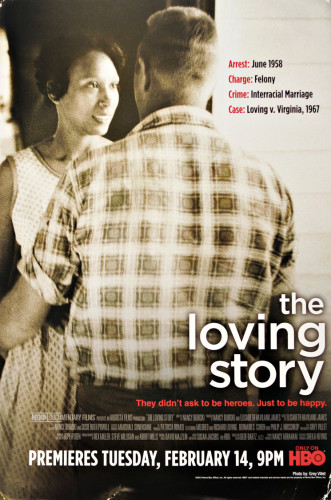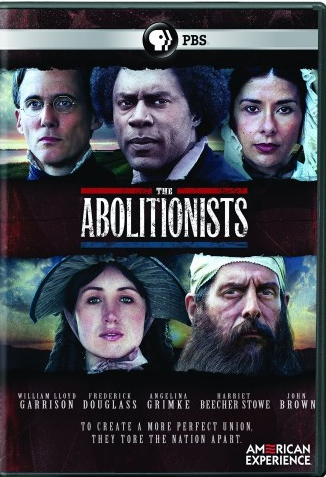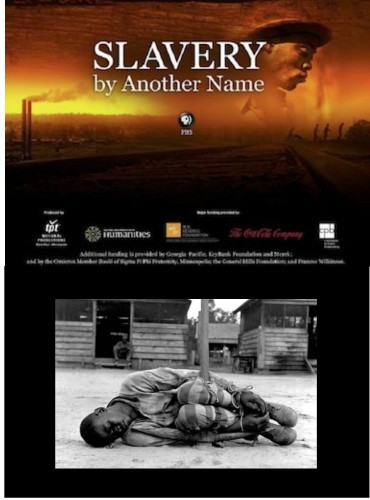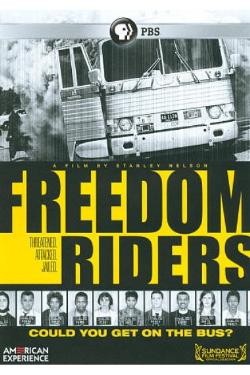ABHM Presents “Created Equal”: Movies About America’s Civil Rights Struggle
Share
Explore Our Galleries
Breaking News!
Today's news and culture by Black and other reporters in the Black and mainstream media.
Ways to Support ABHM?
America’s Black Holocaust Museum, in collaboration with the Milwaukee Public Library, will offer a film each month, beginning February 11, 2014.
The films are free and open to the public. Popcorn and other refreshments will be served.
Each film will be briefly introduced by a scholar, who will also facilitate a discussion immediately following the film.

The Loving Story
M.L.King Library, 310 W. Locust St., Milwaukee WI
Facilitator: Dr. Fran Kaplan, Director ABHM
Synopsis: In June 1958, Richard Loving and Mildred Jeter were married in Washington, D.C.He was a white man; she was part African American and part Native American.They returned to their native Virginia to start their lives together but, as “The Loving Story” tells us, they were jailed and then banished for breaking the state’s Racial Integrity Act.By marrying beyond the state’s borders and then living together as husband and wife in Virginia, they had broken the law.The Lovings were not political people, but their wish to return home as a family placed them in the middle of a historic movement. How far might you go for love?

The Abolitionists
Central Library, 814 W. Wisconsin Ave., Milwaukee WI
Facilitator: Reggie Jackson, Head Griot ABHM
Synopsis: Radicals. Agitators. Troublemakers. Liberators. Called by many names, the abolitionists tore the nation apart in order to make a more perfect union. Men and women, black and white, Northerners and Southerners, poor and wealthy, these passionate antislavery activists fought body and soul in the most important civil rights crusade in American history. What began as a pacifist movement fueled by persuasion and prayer became a fiery and furious struggle that forever changed the nation. Had you lived in slavery days, what could you have done?

Slavery By Another Name
Villard Square, 5190 N. 35th St., Milwaukee WI
Facilitator: Dr. Robert Smith, History, UWM
Synopsis: This film challenges one of Americans’ most cherished assumptions: the belief that slavery in this country ended with the Emancipation Proclamation. The film tells how even as chattel slavery came to an end in the South in 1865, thousands of African Americans were pulled back into forced labor with shocking force and brutality. What are the effects on our society today of slavery by another name?

Freedom Riders
Bay View Library, 2566 S.Kinnickinnic, Milwaukee WI
Facilitator: Dr. Russell Brooker, Political Science, Alverno College
Synopsis: The story behind a courageous band of civil rights activists called Freedom Riders who in 1961 challenged segregation in the American South. How are Americans challenging racial inequalities today?
This free public program is brought to you by the Milwaukee Public Library and America’s Black Holocaust Museum with the generous support of the National Endowment for the Humanities and the Gilder-Lehrman Institute of American History.

Learn more about Black history in our online exhibits.
Check out the latest events in our community calendar.









Comments Are Welcome
Note: We moderate submissions in order to create a space for meaningful dialogue, a space where museum visitors – adults and youth –– can exchange informed, thoughtful, and relevant comments that add value to our exhibits.
Racial slurs, personal attacks, obscenity, profanity, and SHOUTING do not meet the above standard. Such comments are posted in the exhibit Hateful Speech. Commercial promotions, impersonations, and incoherent comments likewise fail to meet our goals, so will not be posted. Submissions longer than 120 words will be shortened.
See our full Comments Policy here.